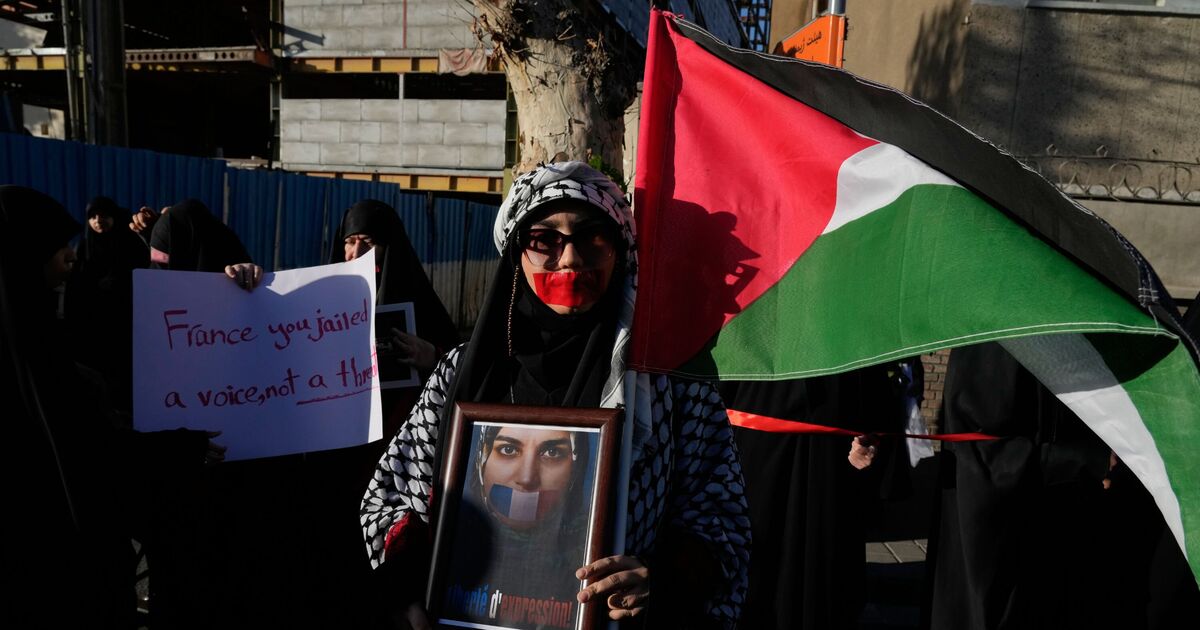This year, Iran has seen bombings, the reimposition of UN sanctions, and a severe decline in its economy. However, its theocracy hasn’t done anything significant to stop the decline, resume important nuclear talks with the West, or adequately be ready for potential future conflicts with Israel and the US.
In the past, Iran’s 86-year-old Supreme Leader Ayatollah Ali Khamenei heralded the benefit of Tehran’s “strategic patience” in confronting its enemies.
Now, however, concern is growing that patience has slipped into paralysis as Iran’s partners in its self-described “Axis of Resistance” have been devastated and there’s no overt sign of materiel support from either China or Russia.
“One of the harms and dangers facing the country is precisely this state of neither war nor peace, which isn’t good,” Khamenei himself warned in September.
But there’s been no move to change that calculus, as Iranians themselves remain fearful of war resuming. Each fire or industrial accident becomes grist for new worry as they watch their life savings further dwindle as Iran’s rial currency falls to historic lows against the U.S. dollar.
“Even if we accept that the possibility of a second war exists, the right approach to governing the country is not to keep public opinion in constant anxiety through recurring alerts every few days,” said Ali Abdullah Khani, an analyst with Iran’s Presidential Strategic Affairs Office, in an interview published in October by the website NourNews.
“Such a policy places the nation in a permanent state of crisis — a condition in which it always seems that war could break out at any moment, and as a result, all managerial and political capacities are consumed by confronting a presumed and hypothetical conflict.”
The United Nations reimposed sanctions on Iran last month, but Tehran has sought to downplay their effect or even insist they don’t exist.
The sanctions date from Tehran’s 2015 nuclear deal and were reimposed by a mechanism known to diplomats as “snapback.” China, Iran and Russia issued a tripartite statement over the weekend, decrying them as “legally and procedurally flawed.”
But while China and Russia have signaled they won’t enforce the sanctions, the U.S., European nations and others are.
DONT MISS
Iran executes six people accused of carrying out attacks for Israel as hangings soar[LATEST]
Warning as Iran on the brink of chilling new era of war: ‘Must be avoided at all cost’[INSIGHT]
The seven fruit trees you should plant in November with winter weather ideal for growth[GUIDE]
Some of the measures are pretty out of date — for instance, sanctions on Iranian Revolutionary Guard Gen. Qassem Soleimani, who was killed in a U.S. drone strike in Baghdad during President Donald Trump’s first term in 2020.
But the main ones squeeze Iran’s Central Bank and its oil exports, one of the few sources of hard currency for the government. That could allow for the seizure of Iranian crude oil shipments on the seas, something that in the past has sparked confrontations with Tehran.
The June war saw Israel kill top leadership in Iran’s regular military and its paramilitary Revolutionary Guard, a force answerable only to Khamenei that controls its own arsenal of ballistic missiles.
In the time since, Iran has held no major military parades and conducted only limited drills at sea — likely out of the concern of providing Israel with any tempting targets.
Criticism is slowly rising to the surface of Iran’s theocracy, which under Khamenei has grown into various competing camps and agencies often tasked with the same missions.
